Ever pondered the best methods of avoiding tick bites and potential Lyme infection?
 Lyme disease is an infection transmitted by ticks. The risk of Lyme disease is year round; but the highest risk window is late spring into early summer.
Lyme disease is an infection transmitted by ticks. The risk of Lyme disease is year round; but the highest risk window is late spring into early summer.
Over 300,000 new cases of Lyme disease are estimated to occur every year in the United States. That makes Lyme disease the most frequent tick-borne infection in North America. The ticks that transmit Lyme disease, deer ticks, are very small and difficult to see. They’re about the size of a pinhead when they come out in late spring and early summer.
Also read: Does vinegar repel ticks?
Here are five tips for avoiding tick bites and getting Lyme disease.
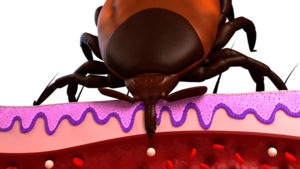 Create a tick-free zone around your house: Keep your lawn well-manicured; the shorter, the better. Create a tick barrier between your lawn and taller grasses or brush by using materials unfriendly to ticks, like gravel. Eliminate mouse habitats throughout your property. And add a deer fence to protect your garden.
Create a tick-free zone around your house: Keep your lawn well-manicured; the shorter, the better. Create a tick barrier between your lawn and taller grasses or brush by using materials unfriendly to ticks, like gravel. Eliminate mouse habitats throughout your property. And add a deer fence to protect your garden.- Enjoy the outdoors safely: Avoid exposure to ticks in wooded, overgrown areas. Stay on marked trails when hiking and don’t veer off course into unknown vegetation. Stay clear of tall grass and un-cleared areas of the forest floor. When going for a hike, stay in the middle of the paths, away from the high grass and brush that may be on the edges of the trail.
- Protect yourself, your children, and your pets by wearing protective clothing treated with tick pesticides and treating your skin with insect repellent: Wearing protective clothing is often your best defense. Dress with long sleeves, long pants tucked into socks, and shoes. Do not wear sandals or open-toed footwear. And use insect repellent such as DEET on the body or Permethrin on clothes.
- Perform tick checks after coming in from the outdoors and showering: The risk of getting Lyme disease is greater the longer a tick is attached. Therefore, doing tick checks as soon as possible is important so they can be removed before they transmit Lyme disease. Be sure to shower daily. Common sites of tick attachment are behind your knees, underarms, scalp, navel, groin, buttocks and back. The most important thing to remember is to get ticks off of you before they attach and have the chance to transmit Lyme disease.
- Remove ticks immediately by grasping them with a tweezer and pulling them off of the skin: The quickest way to remove a tick is with tweezers. Grasp the tick between the head of the tick and the skin and pull firmly but gently away. Sometimes, this will leave behind small black mouthparts of the tick in the skin – but don’t be concerned, these small mouthparts do not transmit Lyme disease and should be left alone. Never try to dig out the mouthparts of the tick with any type of needle or blade, just leave them in place and they will work their way out on their own.
Practicing these five tips can help you enjoy our vast and great outdoors safely, help you to avoid tick bites, and consequently help you to avoid getting Lyme disease.
Leave Nothing To Chance By Subscribing To Professional Tick Control To Protect Your Yard And Home
 As the age old axiom goes, “An ounce of prevention is worth a pound of cure.” By employing the protective tick control services of your local expert, a little precaution before a tick-infested crisis occurs is preferable to dealing with a tick bite aftermath.
As the age old axiom goes, “An ounce of prevention is worth a pound of cure.” By employing the protective tick control services of your local expert, a little precaution before a tick-infested crisis occurs is preferable to dealing with a tick bite aftermath.


 Having your backyard and surrounding property professionally treated with professional
Having your backyard and surrounding property professionally treated with professional 



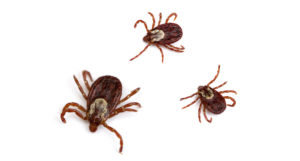 Local tick experts report that 2021 was even worse than 2022 for exploding tick populations. There were more dog ticks in Maine in 2021 than had ever been reported. There is no doubt that fire will work to this farmer’s benefit. It will most assuredly kill ticks. One expert says that Elizabeth’s effort to eradicate ticks in her field will be successful specifically for dog ticks. This is because dog ticks can predominantly be found in flat fields. However, for our friend the deer tick, that lives typically in woodland areas, the fire might not be as successful.
Local tick experts report that 2021 was even worse than 2022 for exploding tick populations. There were more dog ticks in Maine in 2021 than had ever been reported. There is no doubt that fire will work to this farmer’s benefit. It will most assuredly kill ticks. One expert says that Elizabeth’s effort to eradicate ticks in her field will be successful specifically for dog ticks. This is because dog ticks can predominantly be found in flat fields. However, for our friend the deer tick, that lives typically in woodland areas, the fire might not be as successful.


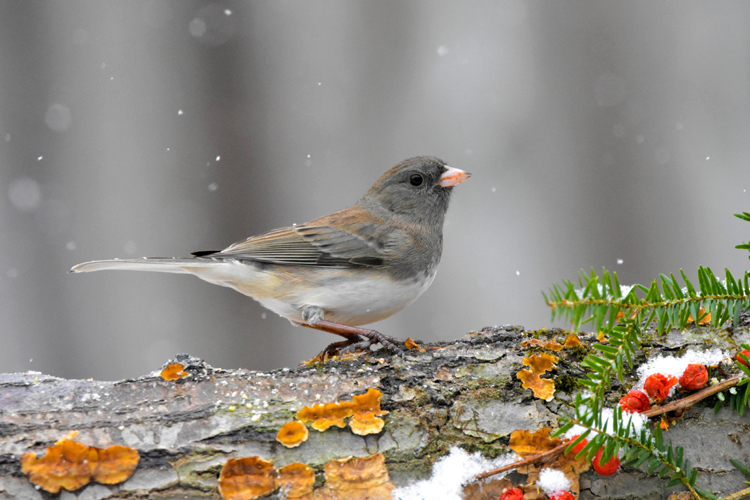




 Lest we forget our essential
Lest we forget our essential 
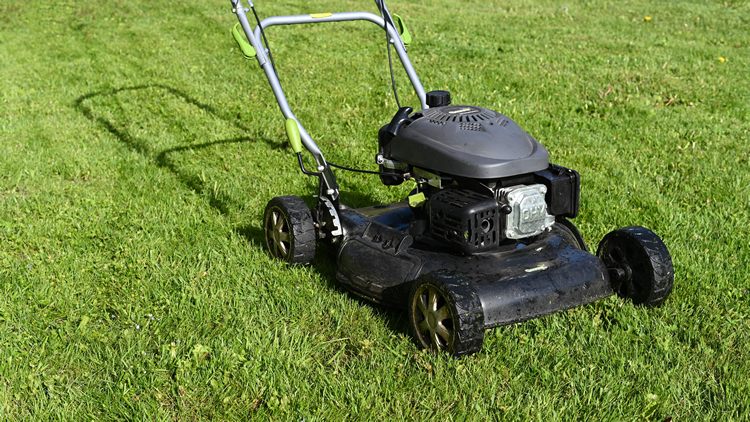


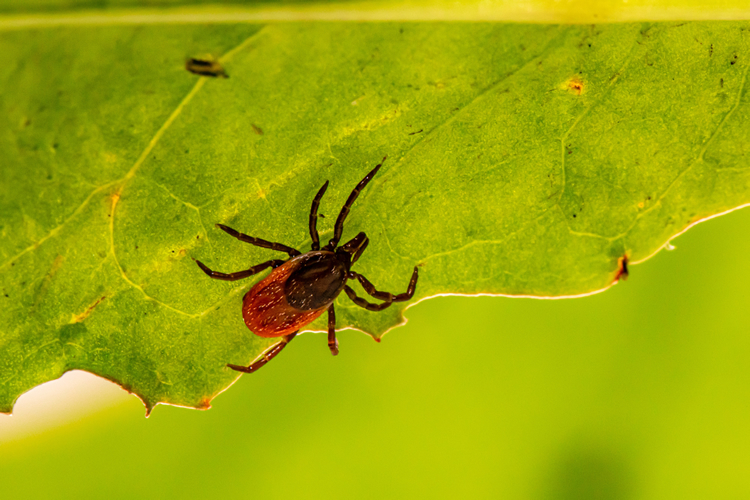


 It stands to reason that this study will reveal a higher amount of tick-borne illnesses in the U.S. during the COVID-19 crisis. While the medical community works to control, cure, and prevent the spread of COVID-19, we must remember that tick-borne illnesses have been an ongoing battle in Central Mass for decades.
It stands to reason that this study will reveal a higher amount of tick-borne illnesses in the U.S. during the COVID-19 crisis. While the medical community works to control, cure, and prevent the spread of COVID-19, we must remember that tick-borne illnesses have been an ongoing battle in Central Mass for decades. Our neighbors to the north are facing a difficult decision about controlling the
Our neighbors to the north are facing a difficult decision about controlling the 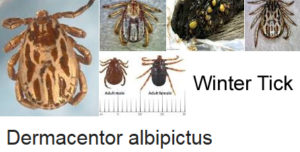 Winter ticks are not vectors for serious disease, but that doesn’t mean they are not deadly. Winter ticks hatch in the fall, and begin questing for their host. In Vermont, their main host is the moose. Once they attach for their blood meal, they remain on the host through the nymph and adult stages. As adults, they mate. The females drop the ground to lay their eggs at the end of winter, and then die. The issue is, the amount of ticks that are attaching to the moose population is enormous. Less than half of new moose calves are surviving, due to blood loss, and birth rates have fallen. One adult moose was found to host
Winter ticks are not vectors for serious disease, but that doesn’t mean they are not deadly. Winter ticks hatch in the fall, and begin questing for their host. In Vermont, their main host is the moose. Once they attach for their blood meal, they remain on the host through the nymph and adult stages. As adults, they mate. The females drop the ground to lay their eggs at the end of winter, and then die. The issue is, the amount of ticks that are attaching to the moose population is enormous. Less than half of new moose calves are surviving, due to blood loss, and birth rates have fallen. One adult moose was found to host